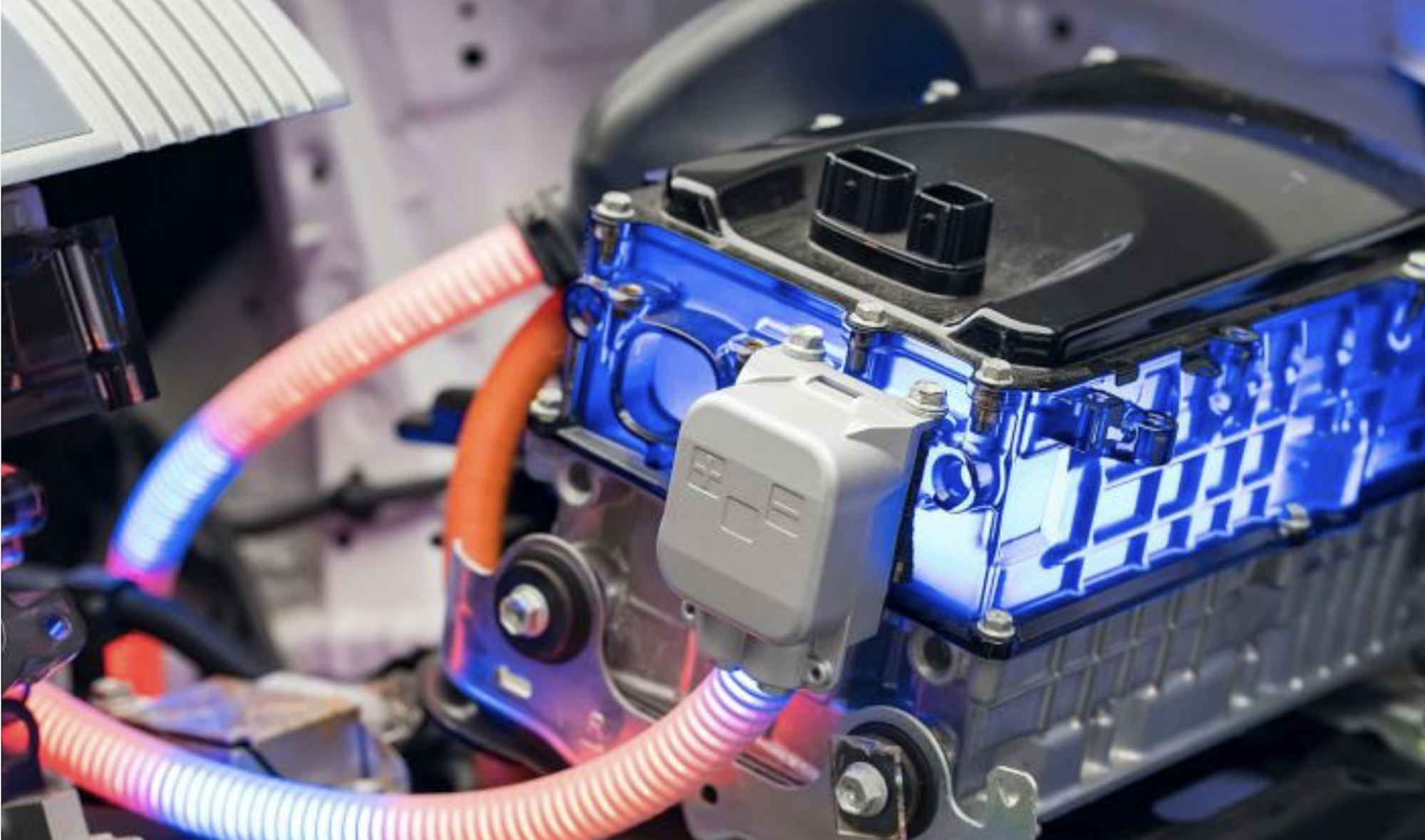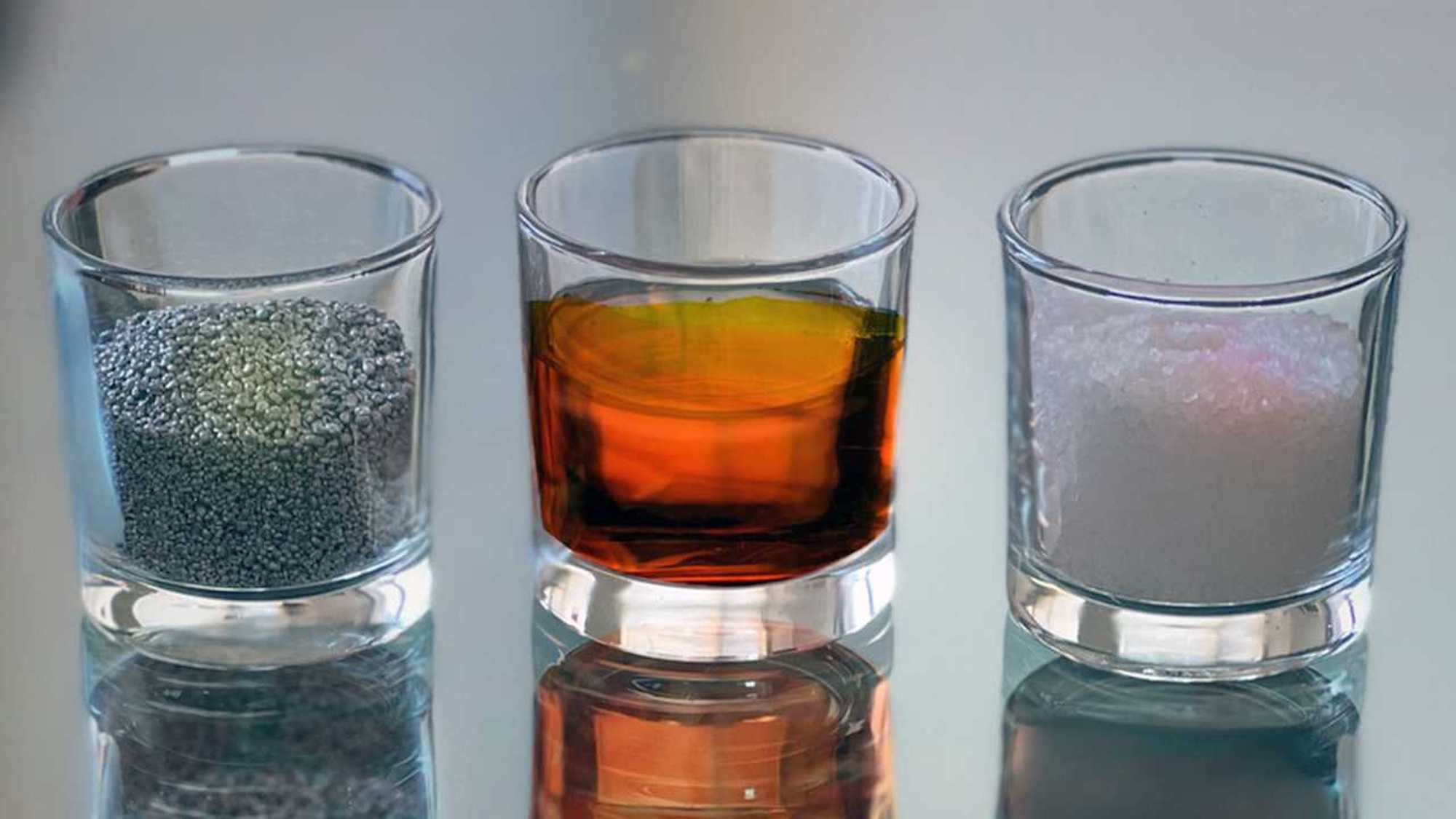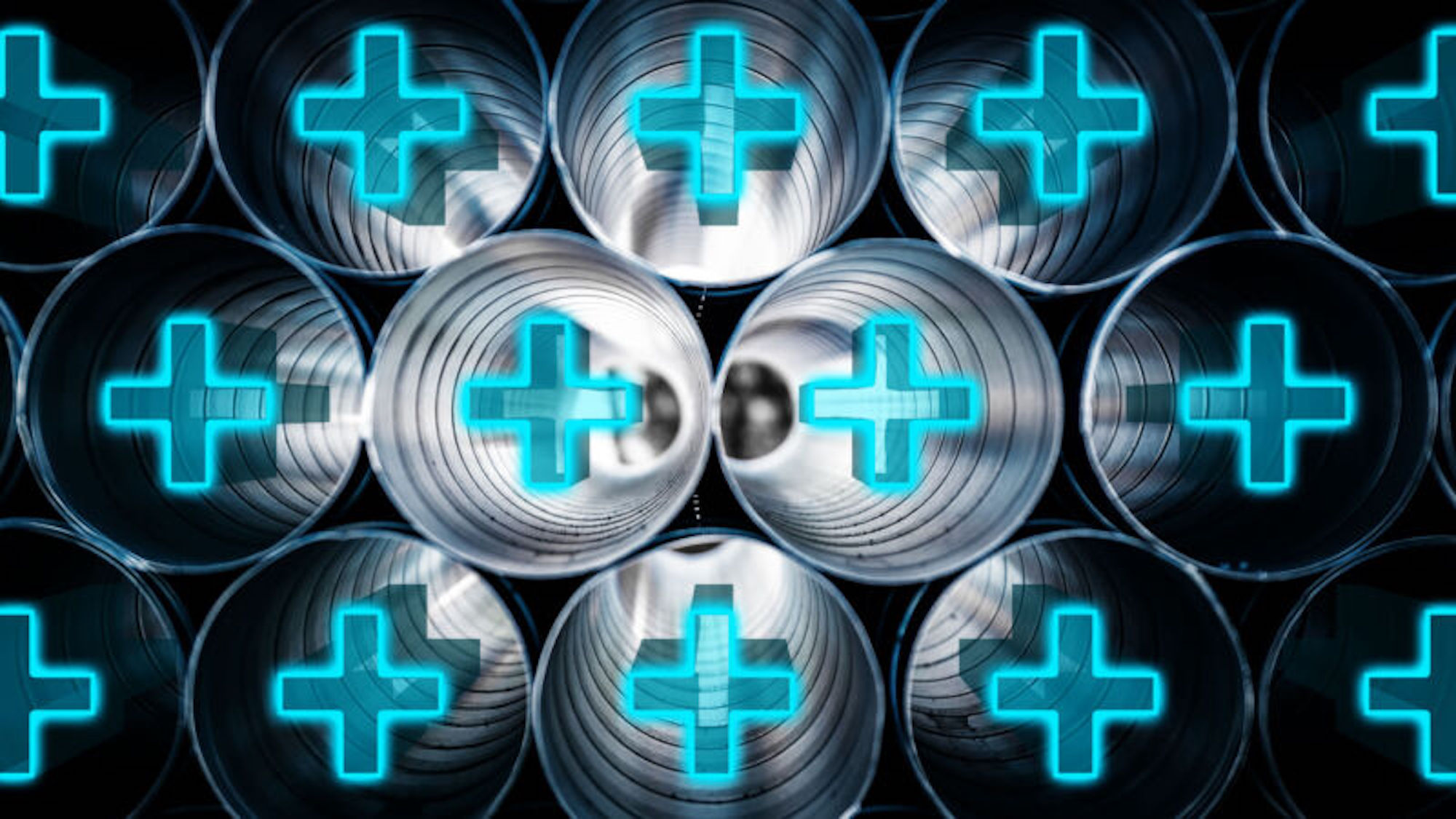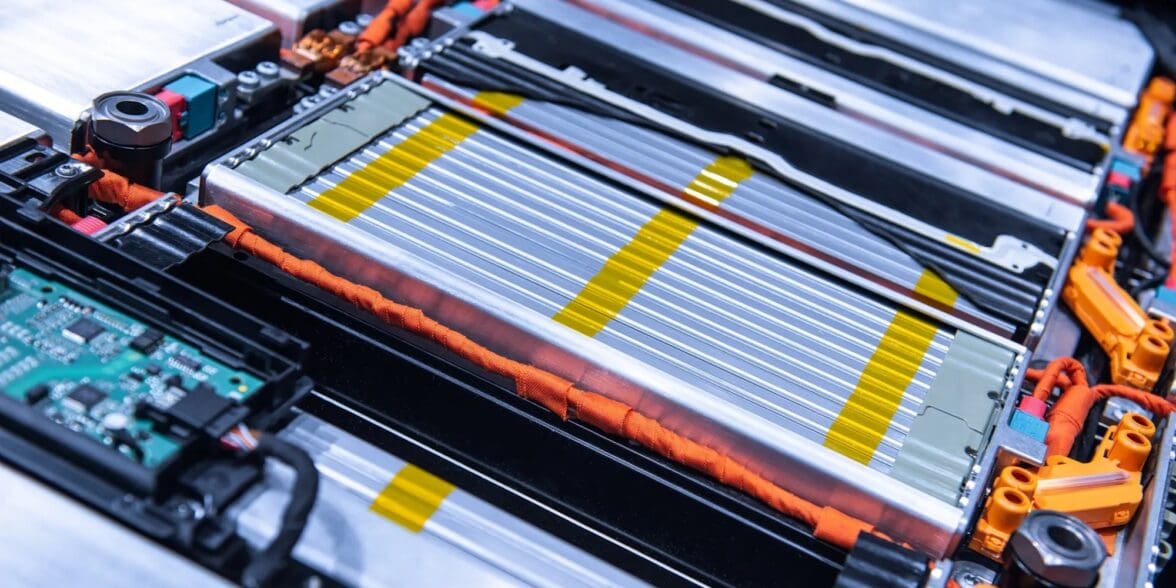A group of researchers have found a way to create a new kind of battery – and she ain’t just any old juice tank.
This new concept could allow our industry to create budget-friendly energy banks with easy-to-find materials…something that’s practically unheard of in today’s industry.
The findings were published in a scientific journal by MIT Professor Donald Sadoway (‘along with 15 others at MIT and in China, Canada, Kentucky, and Tennessee’), stating that the new battery functions with aluminum and sulfur as its two electrode materials, with a single molten salt electrolyte sitting in between.
The result?

A battery using cheap, earth-abundant ingredients – and if their findings are correct, we’re looking at a unit perfect for ‘small-scale stationary storage, and ultimately for automotive [uses].’
“…the second-most-abundant metal in the marketplace – and actually the most abundant metal on Earth – is aluminum,” explains Sadoway in an article from MIT News.
“I said, ‘well, let’s just make that a bookend. [The second element is] gonna be aluminum.’”

Apparently, the first element – sulfur – was chosen since it was ‘the cheapest of all the non-metals.’
Pair that with the final one – salt – and you’ve got three items you are pretty much guaranteed to find within a short walk of your house for a lark and a song – and that isn’t all.
Since the three ingredients don’t need to be protected from corrosion, a further cost can be saved in the battery’s production, promoting energy that’s less likely to leak – or, in point of fact, burst into flames.
“Once you get down to near body temperature, it becomes ‘practical’ to make batteries that don’t require special insulation and anticorrosion measures,” Sadoway argues amicably.
In essence, research at MIT has yielded a dirt-cheap battery that doesn’t require babying, isn’t flammable, and uses easy-to-find materials that won’t be a pain to process.
Jackpot.



To add the proverbial cherry on the cake, sulfur is also a waste product from petroleum refining – the same process that puts gas in our stations and our current fossil fuel scoots.
With technology presenting new solutions to today’s problems, it’s only a matter of time before one of these findings gets snatched up on a big-volume contract.
Until then, be sure to check back here at wBW to stay up-to-date on the best of the latest in the motorcycle community proper.
What do you think? Drop a comment below letting us know, and as always – stay safe on the twisties.



